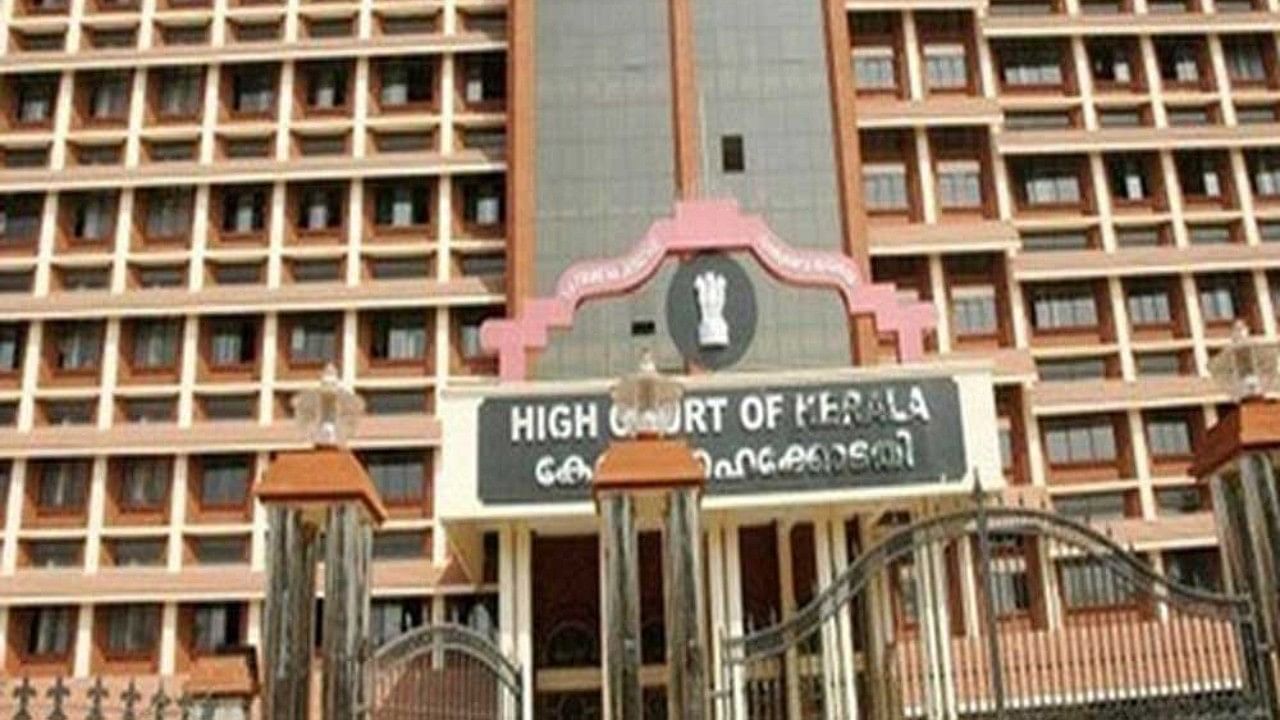
Kerala HC.
Credit: PTI File Photo
Kochi: The Kerala High Court has held that section 52A in the Waqf Act which came into effect in November 2013 and penalises alienation of waqf property without sanction of the Waqf Board does not have retrospective effect.
The ruling by Justice P V Kunhikrishnan came on a plea by two persons challenging the prosecution initiated against them under section 52A of the Waqf Act on a complaint by the Kerala State Waqf Board.
Section 52A of the Waqf Act which came into effect from November 1, 2013, provides the penalty for alienation of waqf property without sanction of the Board.
The Board had alleged that the two persons were in unauthorised and illegal occupation of the Cheriya Chakalathoppa Tharawad Waqf property within the Kozhikode corporation limits.
The High Court said that in order to prosecute a person under section 52A of the Act, there should be evidence that the accused alienated or purchased or took possession of any movable or immovable property without prior sanction of the Board.
"Admittedly, there is no alienation by the accused (petitioners). Moreover, there is no purchase of the waqf property by the petitioners. It is also to be noted that there is no taking possession of the waqf property by the petitioners after coming into force of section 52A of the Act.
"There is no dispute regarding the fact that the petitioners were in possession of the disputed property even prior to the insertion of section 52A of the Act. In such circumstances, I am of the considered opinion that the prosecution is not maintainable against the petitioners because section 52A of the Act has no retrospective application," Justice Kunhikrishnan said.
The court was of the view that the prosecution against the petitioners "need not be continued" and quashed the respective criminal cases pending against them before the Judicial First Class Magistrate Court - I, Kozhikode.